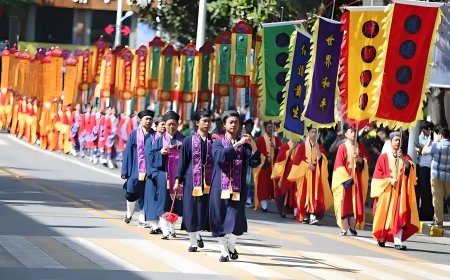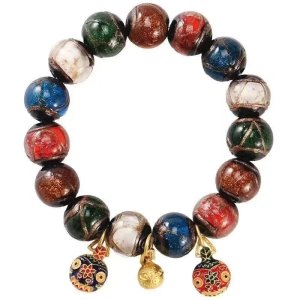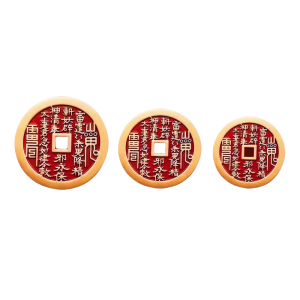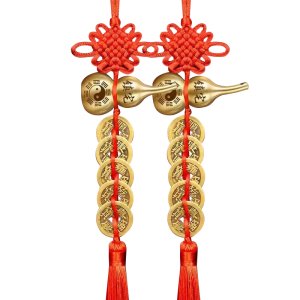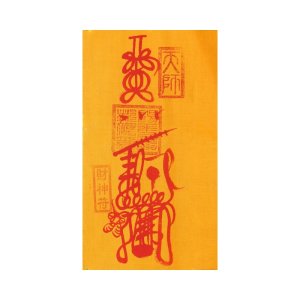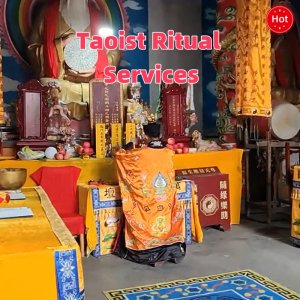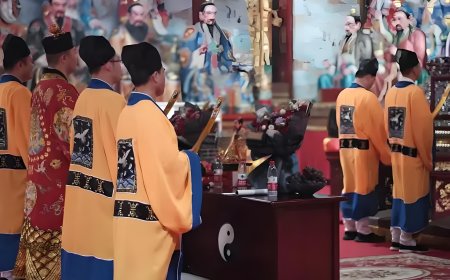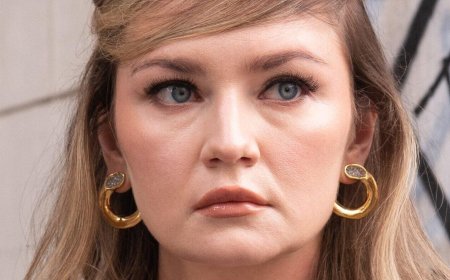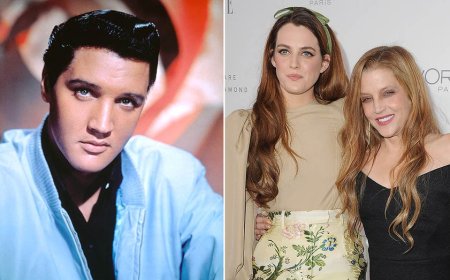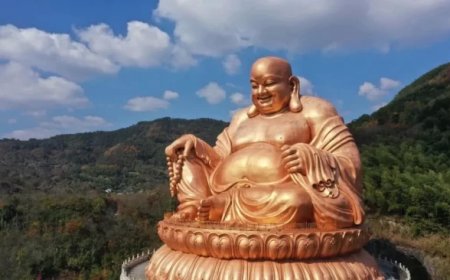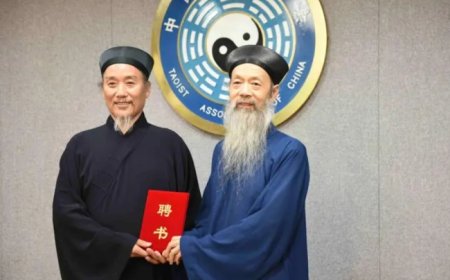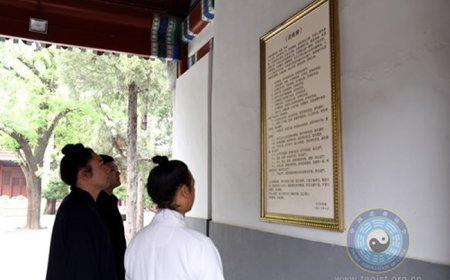Longevity Emperor!
Longevity Emperor!
Longevity Emperor: The God of Longevity in Chinese Culture
The Longevity Emperor (寿星, Shouxing), also known as the God of Longevity, is one of the most iconic deities in Chinese mythology, representing long life, health, and prosperity. Often depicted as an elderly man with a long white beard, a tall forehead, and a friendly, smiling face, the Longevity Emperor is a symbol of the ideal life: long, healthy, and full of wisdom. His imagery and legends have become deeply embedded in Chinese religious traditions, Daoism, and popular culture.
Origins and Background
The Longevity Emperor, or Shouxing, is considered to be one of the Three Star Gods (Fu Lu Shou) in Chinese culture, who together represent fortune (Fu), wealth (Lu), and longevity (Shou). Among the three, Shouxing is perhaps the most beloved, as he embodies the wish for a long and fulfilled life, which has been a central value in Chinese tradition for millennia.
According to legend, the Longevity Emperor resides in the South Pole Star (南极星), where he governs the lifespan of mortals. He is often said to have the power to extend or shorten a person’s life depending on their virtues and actions. His appearance as an elderly man reflects the association of old age with wisdom and experience in Chinese culture, where longevity is seen as a reward for leading a virtuous life.
Iconography and Symbolism
The Longevity Emperor is usually depicted as a benevolent, elderly figure holding a peach of immortality (寿桃), a symbol of long life and eternal youth. In many images, he is accompanied by a crane, a deer, or a turtle—all creatures associated with longevity in Chinese symbolism. The peach itself has a mythical origin, believed to grow in the garden of the Queen Mother of the West (Xiwangmu) and to ripen only once every 3,000 years. Eating one of these peaches was said to grant immortality or extend one’s life by thousands of years.
Another common attribute of the Longevity Emperor is a staff with a gourd hanging from it. The gourd is a Daoist symbol of healing and protection, and it is believed to contain elixirs that promote health and longevity. His tall, rounded forehead is another significant feature, representing wisdom and the accumulation of life experiences over the ages.
Role in Daoism and Chinese Traditions
In Daoism, the pursuit of longevity has always been a central theme, with many Daoist practices, such as meditation, breathing exercises (qigong), and alchemy, aimed at preserving or extending life. The Longevity Emperor is often invoked in rituals and prayers related to health and long life, and he is a figure of immense importance in Daoist pantheons.
People pray to Shouxing during festivals and celebrations, particularly during birthdays or the Lunar New Year, seeking blessings for long life, good health, and prosperity. Statues and images of Shouxing are commonly displayed in homes and temples, and his presence is thought to bring a sense of protection and well-being to those who honor him.
Festivals and Worship
One of the most significant times for honoring the Longevity Emperor is during the Double Ninth Festival (重阳节), also known as the Chrysanthemum Festival. This festival, which falls on the ninth day of the ninth lunar month, is dedicated to the elderly and the wish for longevity. On this day, people often climb mountains, drink chrysanthemum wine, and pay homage to their elders, reflecting their respect for old age and the blessings of a long life.
In temples, offerings of fruit, incense, and flowers are made to Shouxing as people pray for health and longevity. His image is also a common sight during family gatherings, especially when celebrating the birthdays of the elderly, as longevity is considered one of the highest forms of blessing in traditional Chinese culture.
Cultural Impact and Legacy
The image of the Longevity Emperor has permeated all aspects of Chinese art and literature. He is frequently depicted in paintings, sculptures, and traditional decorations, especially during festive occasions. His presence is also felt in Chinese proverbs and blessings, where people wish one another "Shou" (寿), or long life, as one of the highest forms of well-wishing.
Shouxing is not only popular in China but has also become a part of the cultural heritage of East Asia. In Japan, Korea, and Vietnam, similar deities and icons related to longevity are revered, and his imagery is commonly used in festivals, religious events, and art across these regions.
Conclusion
The Longevity Emperor, Shouxing, is more than just a figure of mythology; he represents the deep-rooted Chinese values of health, long life, and filial piety. His image continues to inspire hope and blessings for longevity, making him one of the most enduring and beloved deities in Chinese cultural and religious life. Whether invoked in Daoist rituals or celebrated during festivals, the Longevity Emperor remains a symbol of the ultimate human aspiration: a long, healthy, and prosperous life.
What's Your Reaction?











